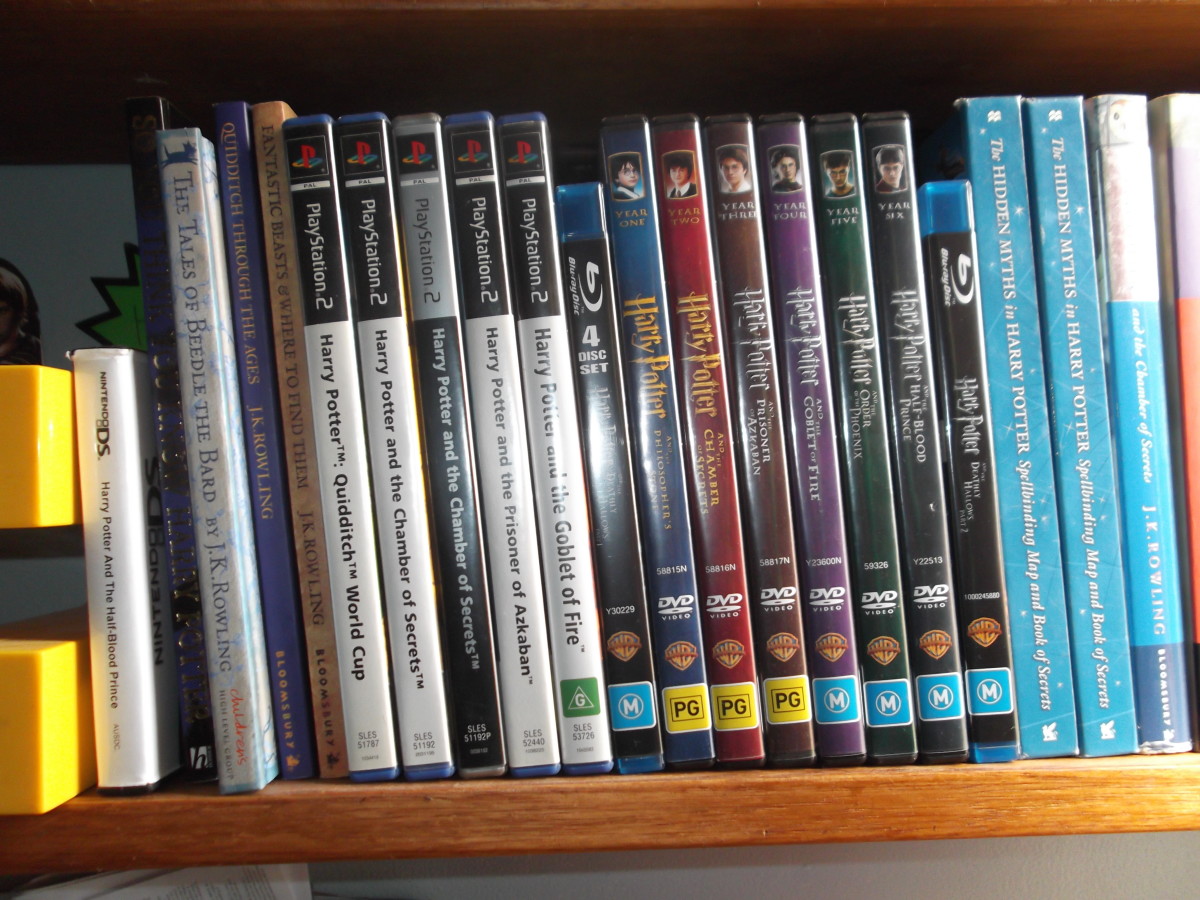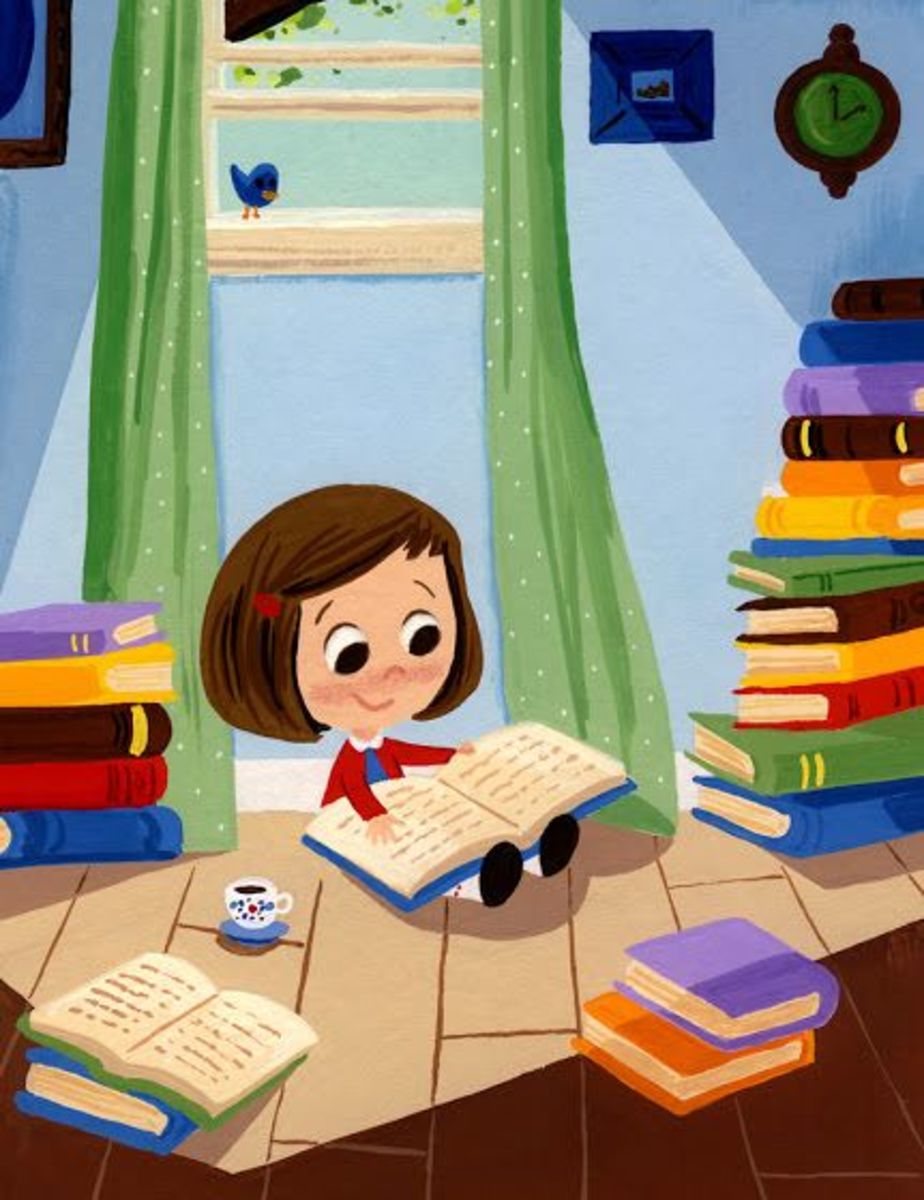What Children Want to Read
what she likes

BEST BOOKS FOR CHILDREN
Having decided that you the right reasons for wanting to write for children your next query must be surely be, but what do children want to read? And a very good question too.
Parents have definite ideas about what children should read, which is not necessarily what children want to read. Unfortunately adults buy most of the books that are put into hands of young people up to their early teens; and school teachers recommend their own choices so persuasively (which are on display in school libraries anyway) that children will often take the easy way and read what is given to them. Sometimes they find a jewel among these recommended books, but often they are not really what they yearn to read. A vague feeling of dissatisfaction may sometimes put a child off reading for life.
In their first year children are bent on discovering, exploring and interpreting all around them. The fairy story, fable or legend is the most exciting way of doing this, for it stirs primeval memories and sends signal to the imagination that can be either frightening or utterly wonderful.
On the subject of scaring children, adults are very nervous. They see shocking things in a story that would, they feel sure, scar a child for life! They forget that, when they were young, one of the best feelings of all was to be thrilled to the point of panic; after all, every good story resolves the situation that creates the fear. This is the way children learn to take the shock of life; they learn it will ‘turn out all right’; that if they are brave and face risks, all will be well in the end.
Strangely, to our adult’s way of thinking, young children up to the age of about eight to ten often have a ghoulish glee in horror stories and do not seem to care if the victim is rescued. Quite the contrary, they are disappointed if the threat of a terrible death is averted with no exciting reason given.
This is because they are not relating the suffering in the story to their own minds and bodies; they are dealing with their fantasies and are thrilled to have those fantasies brought out into the light of day. They demand to have these fantasies acted out to a proper conclusion, so if the child expects to have some terrible threat carried out and the writer suddenly makes everything “all right”, the child is dreadfully let down. The interest is gone, the suspense is broken.
That the victims can appear later, alive and well, is another story, as happens in most science fiction series today, whether in the form of books, strip cartoon or television. Heroes and villains alike must keep turning up again apparently from the dead, or there would be no continuing stories.
This does not mean we should be careless about teaching our children kerb drill and how to avoid accidents in the home it means we should show them in every way – and stories are one way – that dangers and difficulties can be overcome.
But if we over-protect them and say ‘don’t’ much too often, they will remain dithering on the kerb grill all their lives and never cross the road!
A few children will react violently against ‘don’t’ and various restraints and too- strict discipline: they will defy authority and become delinquents just as surely as those children who have never had any guidance at all. The happy medium is the only helpful way and the best happy medium is the adventure story, which can scare the reader silly on one page and resolve everything by the end of the tale.
If you where unfortunate enough to be over- protected when young, you have never know what it was like to dip into the stream of life and it is my belief that you’ll never be a successful writer for either children or adults, at least, as far as fiction is concerned, although you may still be a first class writer of factual books, text books or learned books. And I could be wrong.
As I mentioned, the average child wants to know everything, to experience all the emotions, to believe in the world of fantasy, to revel in it while he can. When, a little later, reality comes in, the child wants the stories he read to be more like the world around him. But he still longs for action, thrills, laughs and above all, pace, pace, pace. This is the active time of their lives. Both boys and girls want adventure. At the same time they want it to be possible to believe the adventure could actually happen to them. It must be just credible.








